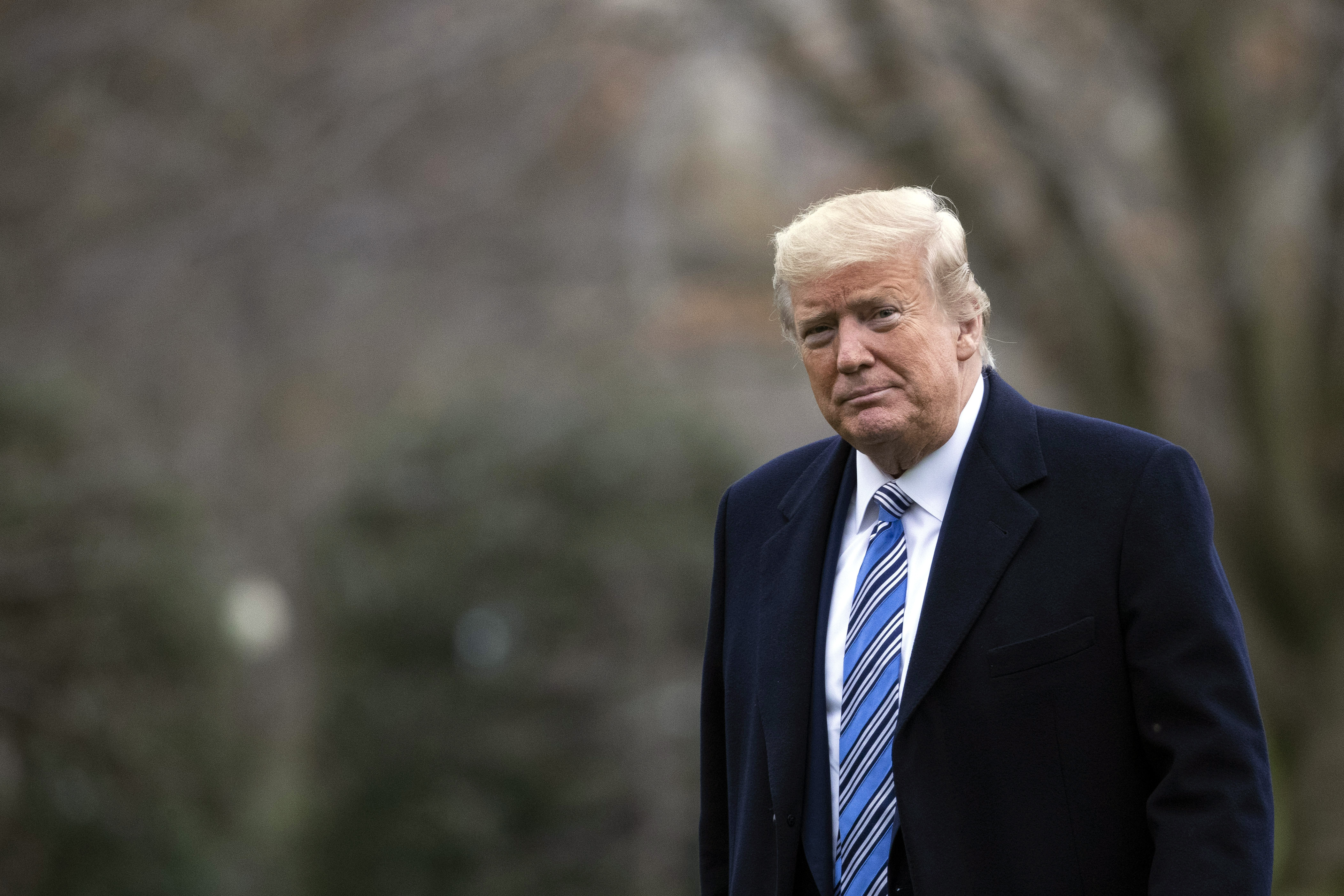The coronavirus pandemic is forcing President Donald Trump to show empathy to console Americans under siege, and it’s not easy for a brash leader more accustomed to bellicose politics.
Trump, who initially dismissed the pandemic as “under control”, is having to adjust his messaging to fit grim times, and some of his allies are pushing him to show more heart.
“It’s not usually his first go-to emotion,” said a former senior administration official who remains close to the White House.
Trump said Saturday he was considering imposing a two-week quarantine on New York as well as portions of New Jersey and Connecticut as part of further efforts to stem the spread of the coronavirus.
Trump said he was considering placing a two-week enforced quarantine on New York, which he called a “hot spot”.
The number of coronavirus cases reached over 52,000 in New York, the US epicentre of the outbreak, New York governor Andrew Cuomo said Saturday.
By Saturday afternoon, the sum of total known coronavirus cases in the US had soared to 115,842, eclipsing the toll the disease has taken on China and Italy. At least 1,929 lives had been lost in the US, according to a Reuters tabulation of official data.
Trump appeared less certain about an earlier pledge to try to reopen US businesses by April 12. “Well, we’re going to see what happens,” Trump said. “We want to get our country back to work.”
Trump said that while most companies were assisting in combating the epidemic, he said he might have to invoke the Defense Production Act to compel one or two companies to produce further medical supplies.
“We have a couple of little problem children, and we’ll use it where we have to,” he said. “But, overall, I tell you, the private free enterprise system is at work like nobody has seen in a long time.”
Two sources familiar with the internal dynamics of the White House said advisers twice intervened during the last week to nudge Trump to drop the strident language that is a hallmark of his presidency and instead seek to unite Americans.
It is rare for Trump to back down from a public statement but he softened his tone on both occasions after being urged to.
In the first instance, Trump had a testy exchange with a journalist who asked what he had to say to Americans who were scared by the virus, calling him a “terrible reporter” who had posed a “very nasty question.”
After his outburst, advisers urged Trump to“tell people something real, something emotional, something heartfelt,” one source said.
The next day, Trump tried a softer tone. “This is a time of shared national sacrifice, but it’s also a time to treasure our loved ones,” he said.
In the second case, Trump dropped — at least for now — his description of the disease as “the Chinese virus” at the urging of aides who argued he did not need to give the news media a fresh opportunity to attack him, the source said.
In response, Trump sought to tamp down anti-Asian sentiment among some Americans, saying in a post on Twitter that “it is very important that we totally protect our Asian American community.”
Asked by Fox News Channel anchor Bill Hemmer if he regretted his “Chinese virus” rhetoric, Trump said he did not but added: “Look, everyone knows it came out of China, but I decided we shouldn’t make any more of a big deal out of it.”
White House spokesman Judd Deere, asked for comment, said ”any suggestion that the President is struggling on tone or message is completely false.” “During these difficult times, Americans are receiving comfort, hope and resources from their President,” Deere said.
Trump’s tendency during his three years as President has been to punch back against his critics, never shying from a fight, and never apologising.
The latest Reuters/Ipsos poll showed 49 per cent of Americans approved of Trump’s handling of the crisis, compared with 46 per cent who did not. Still, the spread of the virus and resulting economic devastation may jeopardise his re-election bid.
Trump is eager to get the economy going again, at one point suggesting Easter Sunday, April 12, as a potential benchmark, and he has accused his Democratic critics of wanting to keep the economy in paralysis to improve their chances of ousting him in the November 3 election.











